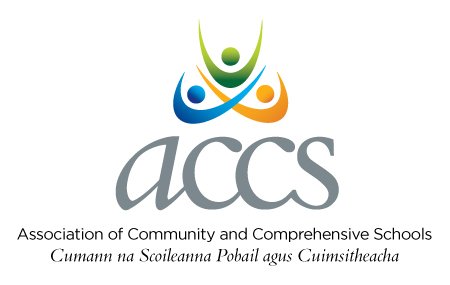School Policies, School Planning, and School Self Evaluation
Last updated: 15th February 2023
School Policies
The Board of Management has overall responsibility for school policies. Therefore, there are a range of different school policies that Boards will, from time to time, be involved in developing, implementing and reviewing as appropriate. Examples include the Admission (Enrolment) Policy, Child Safeguarding Statement, Code of Behaviour, Anti-Bullying Policy, Complaints Procedures, School Attendance Strategy, Health and Safety Statement etc.
The extent to which a new Board will need to consider any particular school policy will depend on the circumstances of the school in question. However, each Board must ensure that the appropriate and necessary school policies are in place as required. (See Governance Manual)
School Planning
The Education Act, 1998 requires the Board to arrange for the preparation of a school plan, and to ensure that it is regularly reviewed and updated. The school plan sets out the educational philosophy of the school, its aims and how it proposes to achieve them. Pupil learning needs are at the centre of all planning, and the focus of the school plan should be the teaching and learning that takes place in the school. The school plan is not a static document. It evolves in the light of the changing and developing needs of the school community. It must be regularly reviewed and updated. One of the first tasks of any newly appointed Board will therefore be to give careful consideration to the school plan. The school plan serves as a basis for the work of the school as a whole and for evaluating and reporting on whole school progress and development.
With effect from 1 September 2010, support for school development planning is part of the remit of the PDST.
With effect from 1 September 2023, PDST will be integrated into the Oide support services.
School Self-Evaluation/Teaching and Learning
The Education Act, 1998 places responsibility on schools to establish and maintain systems whereby the effectiveness of its operations is evaluated. The Act places a statutory duty on the Board to ensure that an appropriate education is provided to all of the school’s pupils. In order to effectively carry out this duty, appropriate and regular oversight by the Board of the teaching and learning in the school should be in place.
School self-evaluation (SSE) is an important process influencing the quality of the education provided for children and young people in schools. Since its formal introduction to the Irish school system in 2012, schools have engaged with the process in varying ways to advance aspects of teaching, learning and wellbeing. In August 2022, the Department issued Circular 0056/2022 School Self Evaluation: Next Steps which outline the requirements in relation to School Self-Evaluation of teaching and learning.
Ref: School Self-Evaluation: Next Steps September 2022 –June 2026, including Circular 0056/2022
SSE is supported by a quality framework, Looking at Our School (LAOS) 2022, which provides a set of criteria or descriptors of quality in schools. LAOS is, in essence, a set of standards against which schools can consider how well they are performing.
A dedicated website . gov.ie - School Self-Evaluation (www.gov.ie) also provides up-to-date information about school self-evaluation and contains materials and resources to support schools as they engage in the process.
The Board should ensure that a combined School Self-Evaluation Report and School Improvement Plan is prepared each year and that a summary of the plan is communicated to the whole school community annually. See template at gov.ie - School Self-Evaluation - Post-primary 2016-2022 (www.gov.ie)
The Board is strongly advised to complete a legislative and regulatory checklist on an annual basis in order to evaluate the extent to which the school is adhering to its obligations. A checklist is available on the SSE website www.schoolself-evaluation.ie to assist Boards in this regard.
See also supports available from PDST at: School Self Evaluation (Post Primary) | PDST


